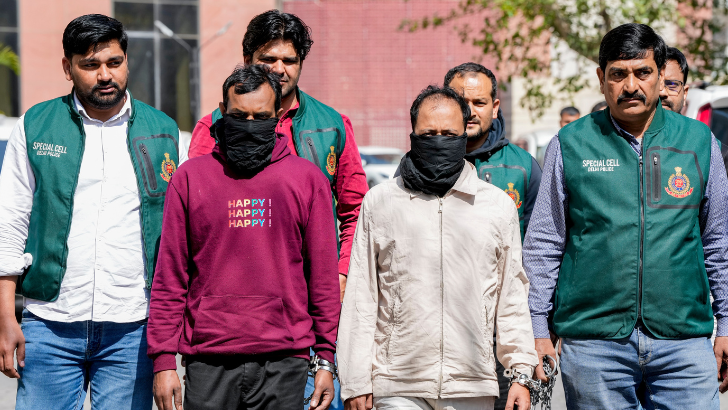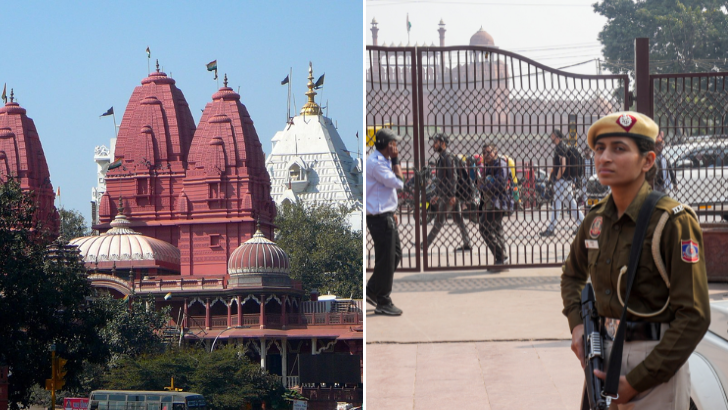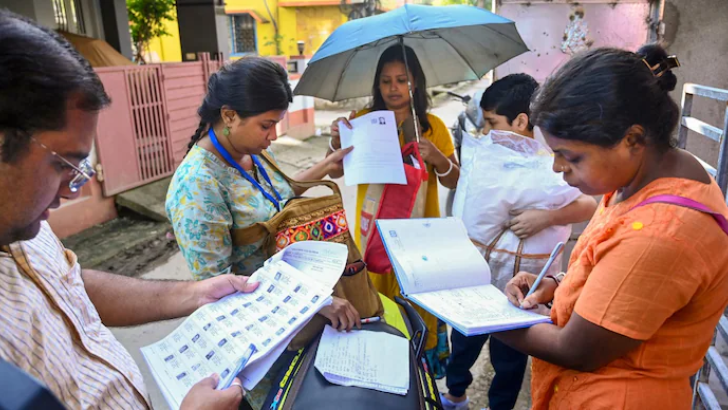SC begins hearing pleas against Waqf (Amendment) Act, 2025
The Supreme Court began hearing petitions challenging the constitutional validity of the Waqf (Amendment) Act, 2025, on April 16. The Act, which received presidential assent on April 5, was passed after heated debates in Parliament.
PTI
.png)
New Delhi, 16 April
The Supreme Court on Wednesday began hearing on a batch of petitions challenging the constitutional validity of the Waqf (Amendment) Act, 2025.
A bench comprising Chief Justice Sanjiv Khanna and Justices Sanjay Kumar and K V Viswanathan outlined two aspects.
"There are two aspects we want to ask both the sides to address. Firstly, whether we should entertain or relegate it to the high court? Secondly, point out in brief what you are really urging and wanting to argue?" the CJI said.
"The second point may help us in deciding the first issue to some extent," the CJI added.
The hearing is underway with senior advocate Kapil Sibal, appearing for the petitioners' side, making submissions.
The Centre recently notified the Waqf (Amendment) Act, 2025, which got the assent of President Droupadi Murmu on April 5 after its passage from Parliament following heated debates in both houses.
The bill was passed in the Rajya Sabha with 128 members voting in favour and 95 opposing it. It was cleared by the Lok Sabha with 288 members supporting it and 232 against it.
As many as 72 petitions, including those by AIMIM leader Asaduddin Owaisi, All India Muslim Personal Law Board (AIMPLB), Jamiat Ulama-i-Hind, the Dravida Munnetra Kazhagam (DMK), Congress MPs Imran Pratapgarhi and Mohammad Jawed, have been filed challenging the validity of the Act.
The Centre, on April 8, filed a caveat in the apex court and sought a hearing before any order was passed in the matter.
A caveat is filed by a party in the high courts and the apex court to ensure that no orders are passed without hearing it.
Leave a Reply
Your email address will not be published. Required fields are marked *



















